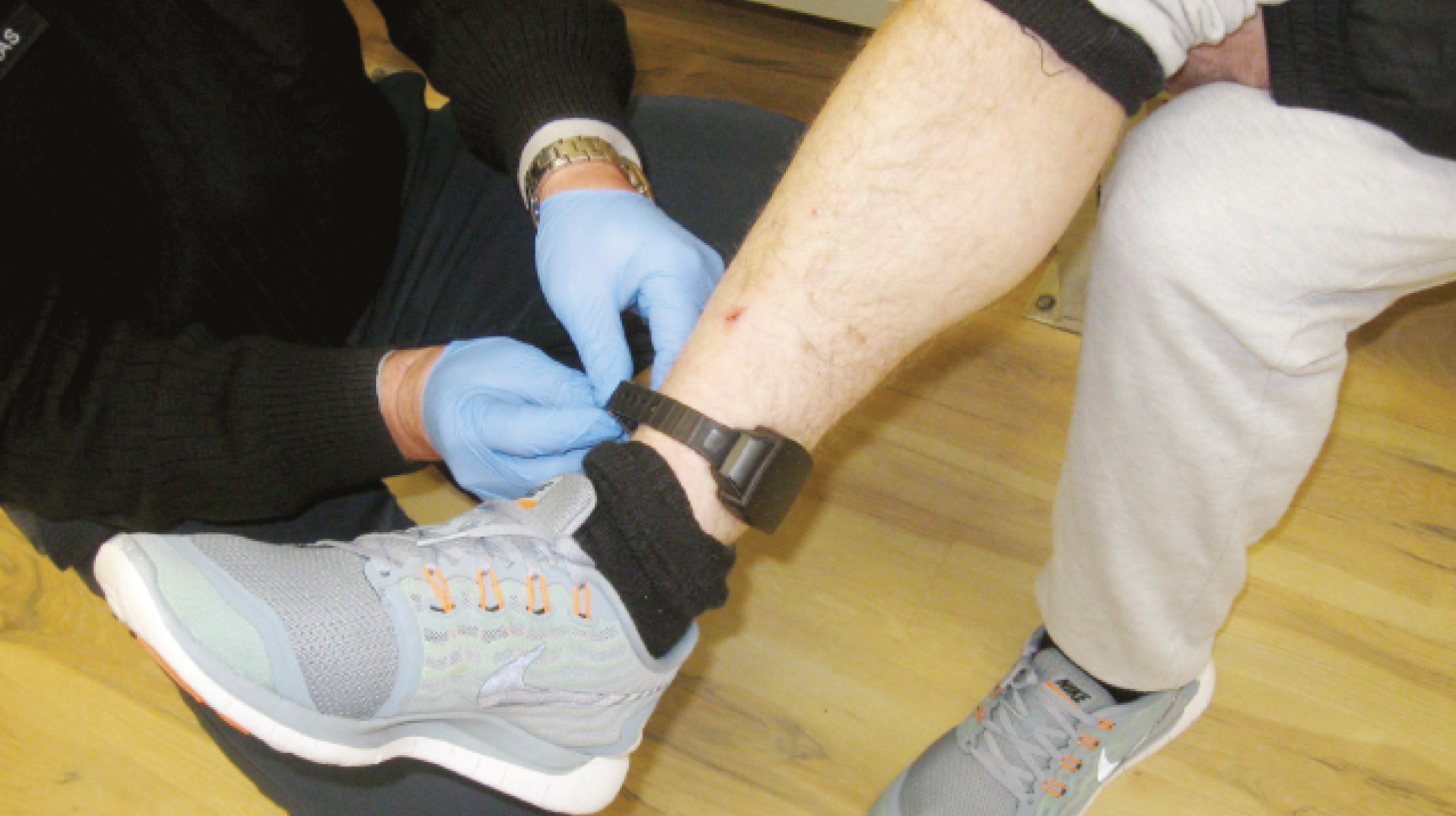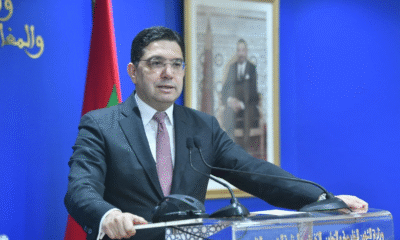Kingdom
Alternative Sentences: A User Guide
In a few weeks, Morocco will begin applying the law on alternative sentences, marking a new step in its justice reform efforts. This introduces a new logic centered on reintegration and human dignity within the Kingdom’s penal policy.

Considerable time, debates (sometimes contentious), extensive work, and a series of meetings and communications were required to establish the framework for implementing alternatives to imprisonment. The Head of Government, Aziz Akhannouch played a central role, overseeing dedicated working sessions to “guarantee the success of this initiative”—a project reflecting Morocco’s ambition to “modernize justice, where punishment goes beyond confinement and becomes a tool for accountability and reintegration.”
The effective implementation of Law 43.22 is scheduled for August. The executive branch is fully mobilized to secure the human and material conditions necessary for the success of this initiative. Consequently, the systematic use of imprisonment will no longer be the norm. In certain cases, four alternatives are legally mandated: community service (TIG), electronic monitoring, daily fines, or specific control measures.
Regarding TIG, it will be carried out at public institutions, local authorities, or associations and NGOs recognized as serving the public good. The duration of TIG ranges from a minimum of 40 hours to a maximum of 3,600 hours for adults, calculated at a rate of 3 hours of work per day of imprisonment.
It should be noted that the determination of working hours and the choice of institution where the service will be performed fall under the authority of the court. Once the decision is made, it is notified to both the convicted individual and the relevant institution. Oversight of its implementation remains the responsibility of the prison administration.
Control Measures
Concerning electronic monitoring, commonly referred to as the “bracelet,” it requires the convicted individual to remain within a defined perimeter while their movements are tracked via an electronic device. Monitoring the execution, installing and removing the device, and on-the-ground enforcement fall under the prison administration’s jurisdiction. However, the decision to use this alternative and the determination of the movement perimeter rest with the court.
The Public Prosecutor transmits the decision to the sentence enforcement judge. In cases of non-compliance or refusal to adhere to this penalty, the judge orders the execution of the original sentence or its remainder. This decision takes into account the severity of the offense, the personal and professional circumstances of the convicted individual, and the peace of mind of the victims.
As for control measures, the court is authorized to impose house arrest, prohibit access to specific locations, or, in certain cases, mandate treatment at a healthcare facility—particularly for psychological disorders or addiction. In such instances, the prison administration coordinates with the healthcare facility to monitor compliance. The decision is then forwarded to the sentence enforcement judge, who orders the release of the convicted individual.
The convicted person is obligated to avoid contact with their victims and to report at specified times to a prison facility, police station, gendarmerie headquarters, or the court’s social services office.
Regarding the financial penalty (“daily fines” in legal terms), contrary to claims by some critics, the decision involves payment of 100 to 2,000 dirhams per day of imprisonment. The amount is determined based on the convicted individual’s financial capacity, the gravity of the offense, and the harm caused. Importantly, this alternative is only applied after confirmation of an amicable agreement or withdrawal of the complaint by the victim or their legal heirs.
Once the decision is made, the Public Prosecutor transmits it to the sentence enforcement judge, who issues an execution order with a six-month deadline for payment, renewable once. This system aims to provide beneficiaries with reintegration opportunities while alleviating prison overcrowding and optimizing public spending on incarceration.
Not for Everyone
Non-custodial alternative sentences are not applicable to all. First, they apply only to individuals sentenced to less than five years of imprisonment and exclude repeat offenders.
Other cases are also excluded from these alternatives. These include crimes related to state security, terrorism, embezzlement, corruption, misuse of public funds, money laundering, international drug or psychotropic trafficking, human organ trafficking, and the sexual exploitation of minors or persons with disabilities.












